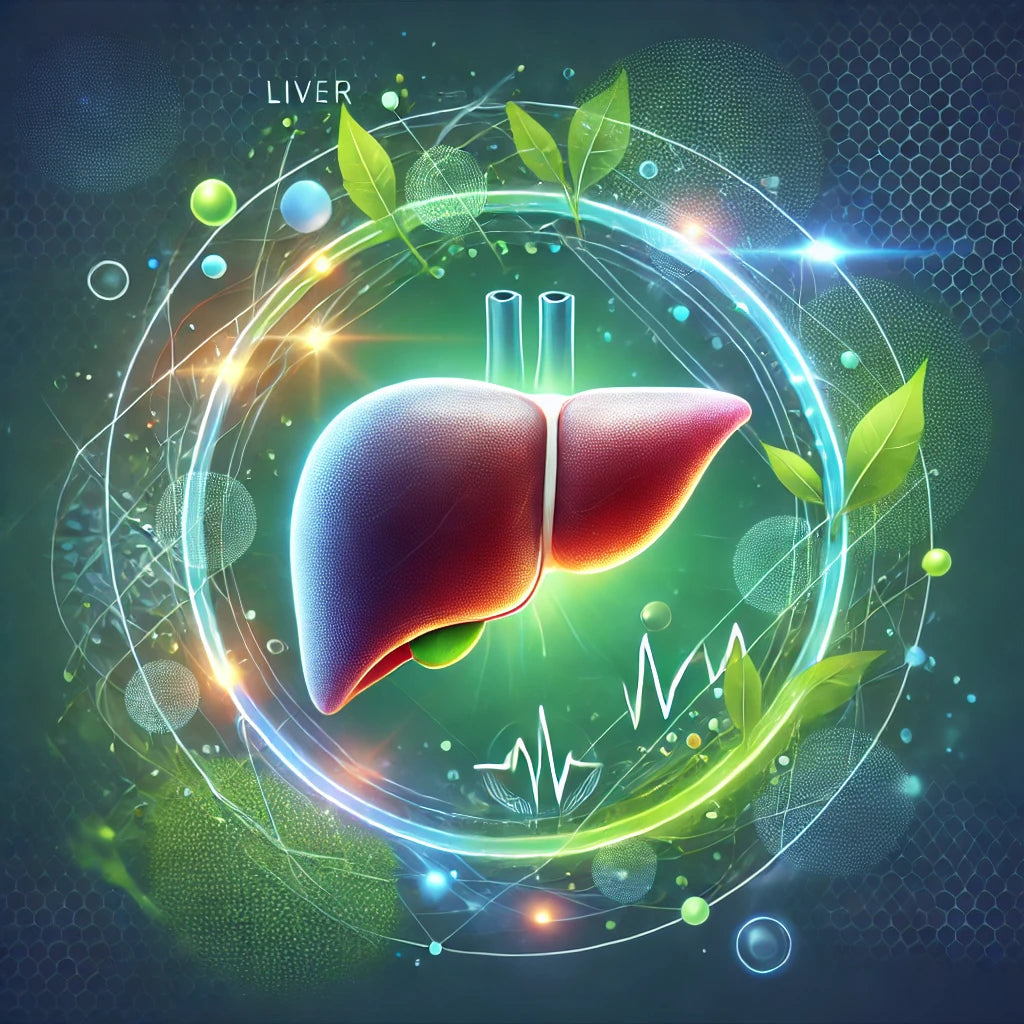News
Breaking Free from the IBS-Stress Loop
breaking the IBS-stress cycle breathing techniques for IBS cognitive behavioral therapy for IBS diet for IBS exercise for IBS gut health gut-brain connection IBS and anxiety IBS flare-ups IBS management IBS stress loop IBS stress relief IBS symptoms and stress lifestyle changes for IBS managing IBS with stress mindfulness for IBS reducing IBS symptoms stress impact on gut stress relief for IBS stress-induced IBS
Living with Irritable Bowel Syndrome (IBS) can feel like being trapped in a never-ending cycle of discomfort, stress, and uncertainty. For many, the symptoms of IBS are unpredictable, leading to increased anxiety and stress, which in turn can trigger more IBS flare-ups. It’s a vicious loop that can significantly impact both physical and mental health. Understanding how stress exacerbates IBS and finding ways to manage it effectively are essential steps toward regaining control over your life.
IBS is a chronic condition that affects the large intestine, causing symptoms such as bloating, cramping, abdominal pain, and changes in bowel habits. While the exact cause of IBS is still unclear, it is well established that stress plays a critical role in triggering and worsening these symptoms. This guide will explore the connection between IBS and stress, provide practical strategies to break free from this cycle, and help you lead a more balanced, symptom-free life.
Chill Out and Reduce Stress: The Benefits of Cold Showers
better sleep boost resilience cold exposure cold shower benefits cold showers cold water immersion cold water therapy endorphins hydrotherapy immune support improve focus mental clarity mental health mood regulation natural stress relief parasympathetic nervous system physical recovery reduce stress stress relief wellness routine
In a world filled with endless to-do lists, high-pressure jobs, and constant connectivity, finding simple ways to reduce stress can feel like a challenge. However, one of the most effective stress-relief techniques might be as close as your bathroom. Cold showers, often thought of as uncomfortable or a shock to the system, are gaining popularity as a powerful tool to manage stress and enhance mental clarity.
Taking cold showers may seem daunting, but this wellness practice has a long history. From athletes to monks, many have turned to cold water immersion to revitalize the body and mind. Beyond the physical benefits, cold showers stimulate the body’s natural stress-relief systems, helping you to feel more grounded, calm, and in control—exactly what’s needed in today's fast-paced world.
How Much Water Should I Drink to Prevent Migraines?
daily water intake dehydration and migraines drink water for headaches electrolyte balance how much water for migraines hydration and brain function hydration for migraines hydration tips migraine headache prevention migraine management migraine prevention migraine relief migraine tips migraine triggers natural migraine remedies prevent headaches proper hydration signs of dehydration water for brain health water intake
For anyone who suffers from migraines, you know how debilitating these intense headaches can be. While there are various causes and triggers, hydration plays a significant role in both preventing and managing migraine episodes. Our bodies are made up of about 60% water, and when we don’t drink enough, it can lead to dehydration, which is a well-known trigger for migraines.
But how much water should you actually drink to prevent migraines? The answer may vary depending on individual needs, activity levels, and climate, but staying properly hydrated is crucial. Not only can drinking enough water help fend off migraines, but it can also improve overall brain function and energy levels. In this article, we’ll explore how hydration influences migraines and how much water you need to drink daily to reduce your risk of headaches.
A Comprehensive Guide to Protecting Yourself from Hepatitis
avoid hepatitis avoid needle sharing bloodborne hepatitis hepatitis A hepatitis awareness hepatitis B hepatitis C hepatitis guide hepatitis prevention hepatitis protection hepatitis risk factors hepatitis symptoms hepatitis transmission hepatitis vaccination liver disease prevention liver health liver inflammation safe sex types of hepatitis viral hepatitis
Hepatitis, a condition characterized by inflammation of the liver, affects millions worldwide. While many are aware of its existence, few truly understand the various ways it can be contracted and how to protect themselves from its harmful effects. As the liver plays a vital role in filtering toxins, producing bile, and managing essential bodily functions, keeping it healthy is crucial for overall well-being.
This guide will help you better understand the different types of hepatitis, how they are transmitted, and, most importantly, what steps you can take to protect yourself. Whether through vaccination, safe hygiene practices, or mindful lifestyle choices, there are several effective ways to reduce your risk of contracting hepatitis. With proper knowledge and preventative measures, you can safeguard your liver and overall health.
Mastering Breathwork for Stress Relief and Mental Clarity
alternate nostril breathing box breathing breath for anxiety breath for sleep breathing exercises breathwork breathwork techniques cortisol reduction creativity diaphragmatic breathing focus Holotropic breathwork meditation mental clarity mindfulness physical health relaxation stress relief wellness practices
In today’s fast-paced world, stress has become an all-too-familiar companion for many. From juggling demanding work schedules to managing personal responsibilities, it’s easy to become overwhelmed, leaving little room for mental clarity and relaxation. This is where breathwork—a powerful tool rooted in ancient traditions—comes into play. By mastering various breathwork techniques, individuals can significantly reduce stress and enhance mental clarity, leading to a more balanced and centered life.
Breathwork involves the conscious control of breathing patterns to influence mental, emotional, and physical well-being. Whether you're looking to calm the mind, energize the body, or simply reduce stress, mastering breathwork can offer profound benefits. Through this practice, not only can you improve your overall health, but you'll also gain a deeper connection to your body and mind. If you’re seeking a natural way to ease anxiety and bring mental clarity, breathwork is an effective, accessible, and transformative solution.





